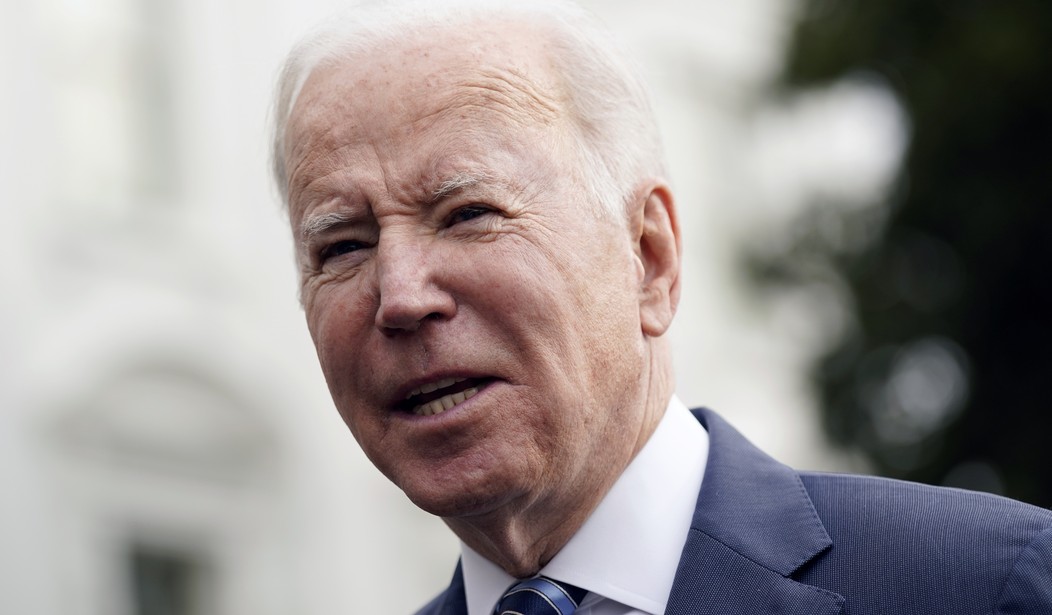We recently looked at concerns being expressed over the Federal Energy Regulatory Commission (FERC) and how heavy of a hand they may be applying to regulations covering new hydrogen pipelines. But they’ve been tampering with a lot more than just hydrogen infrastructure development. Problems have arisen when it comes to pipelines for oil and natural gas as well. The supposedly independent regulatory agency seems to have conveniently taken the side of Joe Biden’s climate agenda on many occasions and they have been acting in a secretive manner when asked to share the data they use to arrive at their regulatory decisions. The Institute for Energy Research (IER) has encountered many of these frustrations when attempting to file Freedom of Information Act requests with the FERC and now they have apparently had enough of it. The IER filed a lawsuit this week demanding to know the extent of the Biden administration’s involvement in reshaping FERC regulatory policies. (IER)
The Institute for Energy Research (IER) filed a lawsuit today as it continues to probe the extent of the involvement of the Biden White House in reshaping the Federal Energy Regulatory Commission (FERC).
Beginning in March of this year, IER has issued numerous Freedom of Information Act (FOIA) requests to FERC, many of which have now led to legal challenges over FERC’s serial, often clumsy failures to comply with the FOIA law (a pattern of behavior which departs from practice under the previous administration).
Recent developments in these matters support the idea that FERC has adopted a strategy of going into a bunker, stonewalling the release of public information about the extent of its coordination on the White House’s “climate” agenda. A new lawsuit being filed today highlights this.
You can read the full details of IER’s actions at the link, but a short overview shows there is plenty of reason for them to have some complaints. The supposedly independent commission hasn’t exactly been a beacon of government transparency when it comes to regulating pipelines and other energy infrastructure for quite some time. This actually dates back to the Obama era, but the issue has become more complicated since Joe Biden took office.
During a March hearing with the Senate Energy and Natural Resources Committee, Senator Bill Cassidy asked FERC Chairman Richard Glick if anyone from the Biden administration had ever “spoken to you in regards to somehow slow-walking or otherwise impeding or otherwise accentuating policy that would have the effect of impeding the development of natural gas pipelines.” Glick responded with a flat denial that such a thing had ever happened.
But as mentioned above, IER has filed numerous FOIA requests looking for more details of how FERC has been handling this process. Some responses have been vague and ambiguous while others simply went unanswered. Further, much of the material was redacted with no obvious explanation as to why it should have been. The lawsuit charges that FERC has been violating at least the spirit if not the letter of the FOIA requirements when they are supposed to be providing such details to the public when requested.
There are suggestions in the materials they did manage to obtain that something improper may have been afoot, however. IER requested the calendars of some of the top people at FERC to determine if they had been meeting with people from the White House. It turned out that Glick had been meeting regularly with White House climate advisor Ali Zaidi, though documents relating to those meetings were heavily redacted, which makes little sense given the lack of obvious national security issues surrounding climate policy and energy management.
The whole thing carries the stench of some sort of coverup of information that really should be available to the public. As IER notes, Joe Biden has nominated Glick for another five-year term in his position at FERC. Before the Senate approves another term for him, these matters should be resolved. And if FERC is playing fast and loose with the rules in an effort to force more of the Biden climate agenda through without appropriate scientific justification, a new chairman should be found.








Join the conversation as a VIP Member